
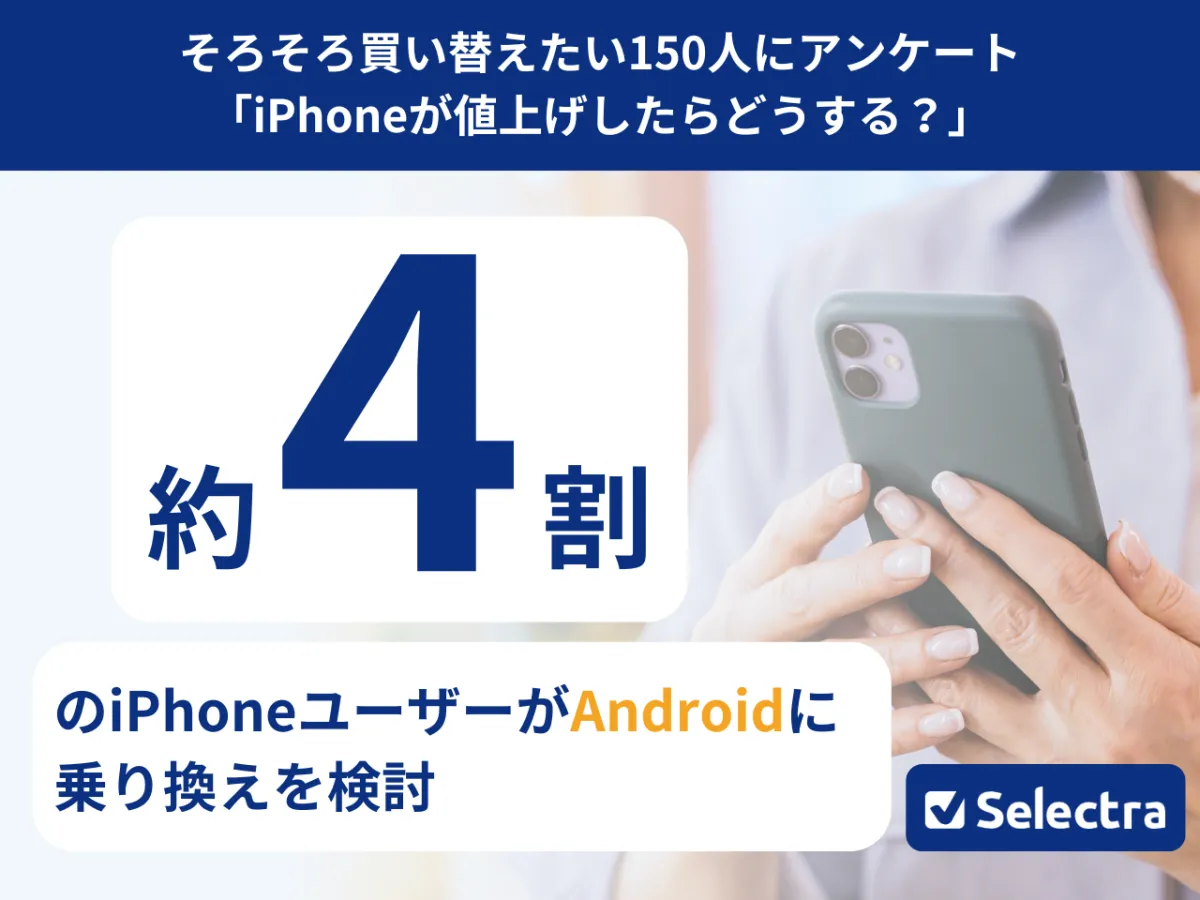
The Impact of Price Increases on iPhone Users: A Shift Towards Android?
A Growing Concern for iPhone Users: Price Increases
As the release of new iPhones approaches, consumers are increasingly worried about price hikes, especially due to economic factors like the depreciating yen and the recently implemented 'Trump tariffs' that could impact smartphone pricing. With the anticipation of the rumored iPhone 17's launch in Fall 2025, many users are beginning to question whether holding on to their iPhones is worth the cost.
A recent survey conducted by Selectra involving 150 iPhone users revealed some telling statistics. Nearly 43% of respondents indicated that they would consider switching to Android if the prices of iPhones continue to rise. The survey sought to delve deeper into the sentiments surrounding this potential shift, highlighting the motivations behind users' thought processes.
Key Survey Findings
1. 43% of respondents are considering a switch to Android if iPhone prices rise further.
2. Over half (57.3%) of respondents prefer to retain their iPhones, regardless of the price hikes.
3. The most popular Android device among iPhone users contemplating a change is the Google Pixel.
What Influences the Switch?
Among those who expressed a willingness to consider Android phones, reasons varied across age groups and experiences with their current devices.
- - A 50-year-old male using the iPhone 8 stated, "The features are not significantly different, yet the prices keep going up."
- - A 40-year-old male with an iPhone SE2 added, "I no longer idolize iPhones like I used to; saving money is crucial now."
- - A female user in her 30s, also using an iPhone SE2, mentioned, "Although I love my iPhone, spending over 100,000 yen on a phone is becoming untenable."
- - Another female user in her 50s, with an iPhone 14, noted, "I like the iPhone, but the value I get doesn’t justify the price anymore."
Despite these sentiments, a substantial portion, over 57%, remains loyal to the iPhone. Their reasons include:
- - A user in her 20s using an iPhone 16 Pro explained, "I find it inconvenient to switch if I can’t use AirDrop."
- - A 50-year-old male user of an iPhone 15 remarked, "I’m thinking of considering a used iPhone instead."
- - A 50-year-old female using an iPhone 14 expressed, "Transitioning to Android seems cumbersome; I own devices that integrate well with my iPhone."
- - A 30-year-old female user added, "I'm fine with older models; once you use an iPhone, switching to Android appears complicated."
The Challenges of Switching OS
Switching from iPhone to Android comes with several hurdles, primarily due to the fundamental differences in operating systems. Users face the challenges of learning new interfaces, transferring data, and adjusting to different application functionalities. Nonetheless, the survey revealed a surprising 42.7% of users are actively contemplating this switch, reflecting growing discontent over iPhone pricing.
What Android Phones Are Users Interested In?
Among the 64 respondents considering a switch, they expressed preferences for different Android models. Notably, the Google Pixel emerged as the top choice, attracting over 54.7% interest from iPhone users. Following closely were Sony’s Xperia and Samsung’s Galaxy, highlighting the brands that have successfully captured consumer attention through advertising and reputation.
When selecting an Android device, users prioritized specifications and performance, with over 40.6% considering processing power the most significant factor. Battery life was also essential, with 28.1% placing importance there as well. Given the performance of the iPhone's proprietary A-series chips, users are encouraged to carefully evaluate Android devices alongside their specifications, to ensure satisfactory performance.
Key Recommendations If Prices Rise
While the future of tariffs is uncertain, significant price increases for the iPhone 17 are anticipated. With the discontinuation of the affordably priced SE series, users should now consider equivalent Android devices offering similar specs at a lower price point. For dedicated iPhone users, looking into older models or used devices, or taking advantage of carrier switch promotions, may help ease the financial burden of upgrading their tech.
Conclusion
As the smartphone market evolves, given the feedback from consumers, manufacturers must balance pricing with user expectations. For many, this analysis provides an opportunity to reevaluate their preferences while considering the rising financial pressures associated with maintaining brand loyalty in the face of escalating smartphone prices. As the tech industry continues to change, adapting to consumer sentiment will remain crucial for brands like Apple, ensuring they meet the needs of their dedicated users.
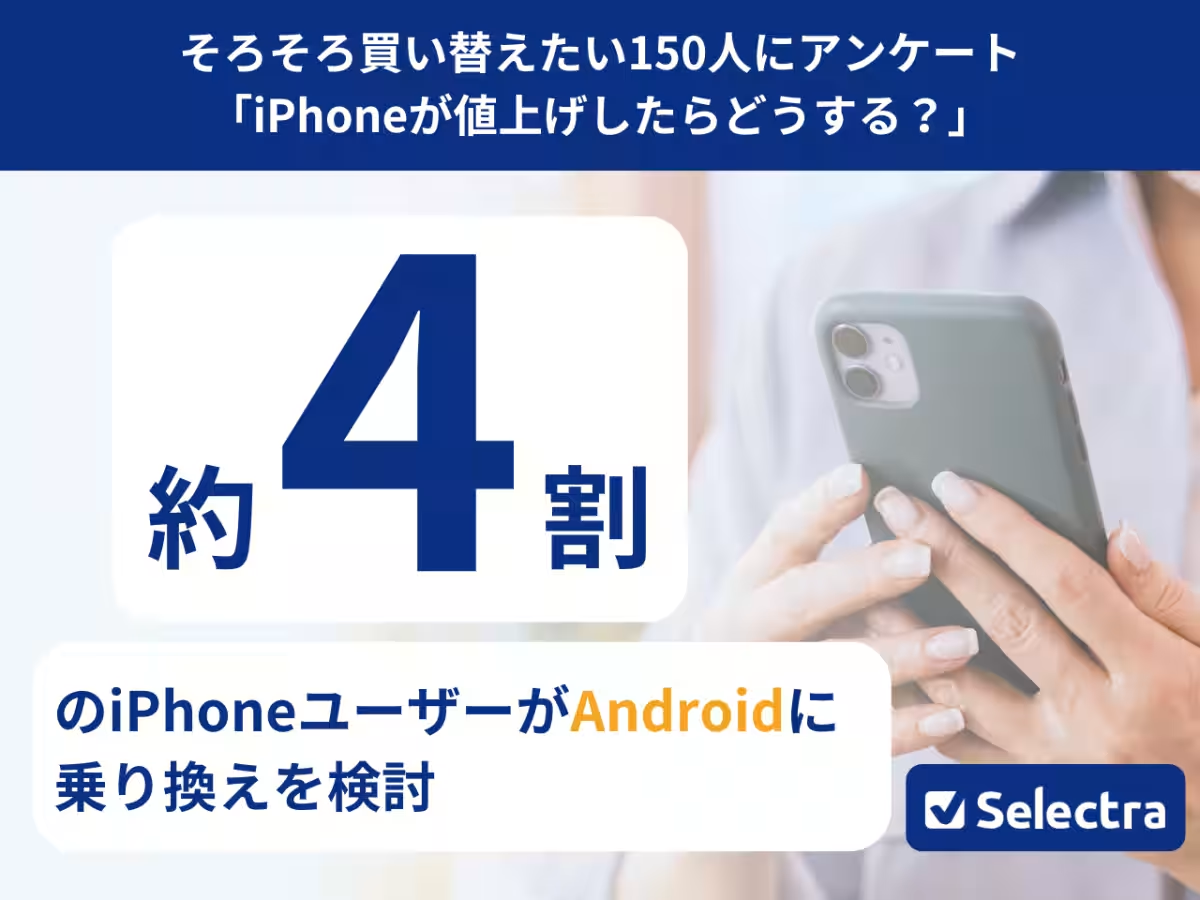

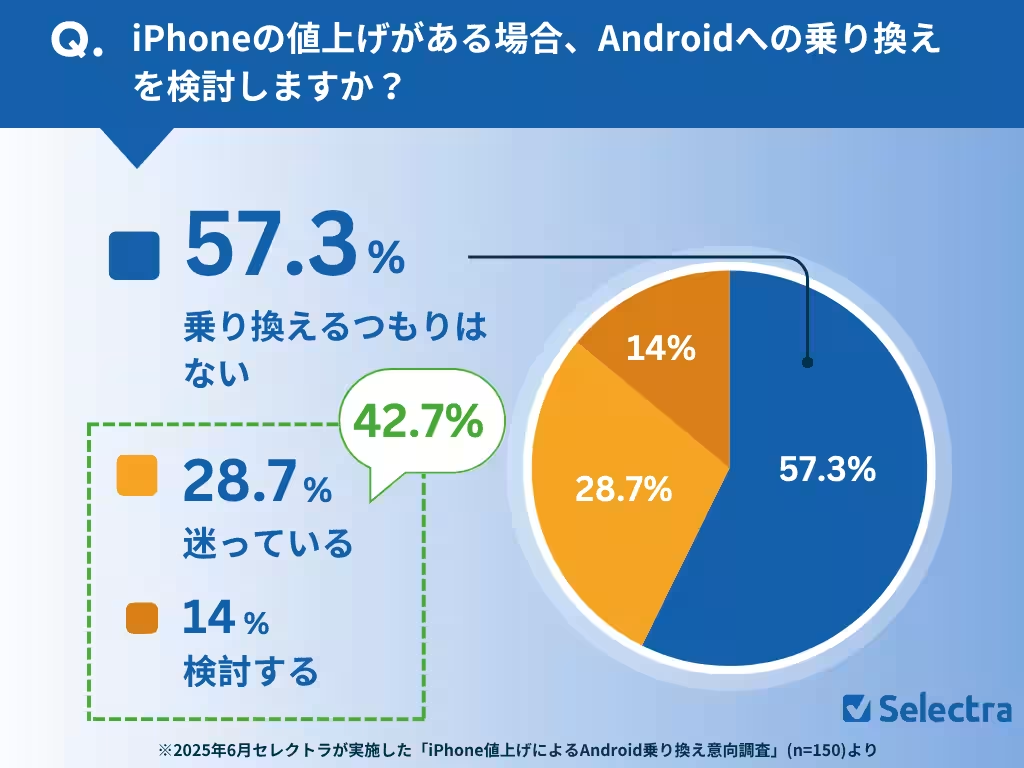
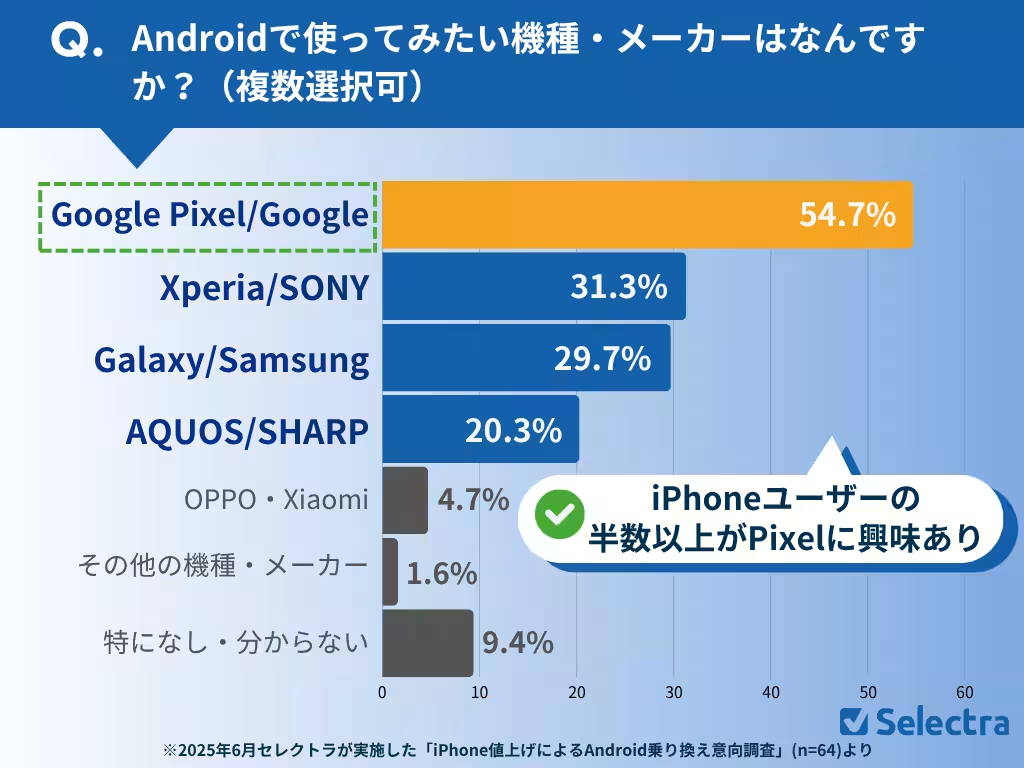
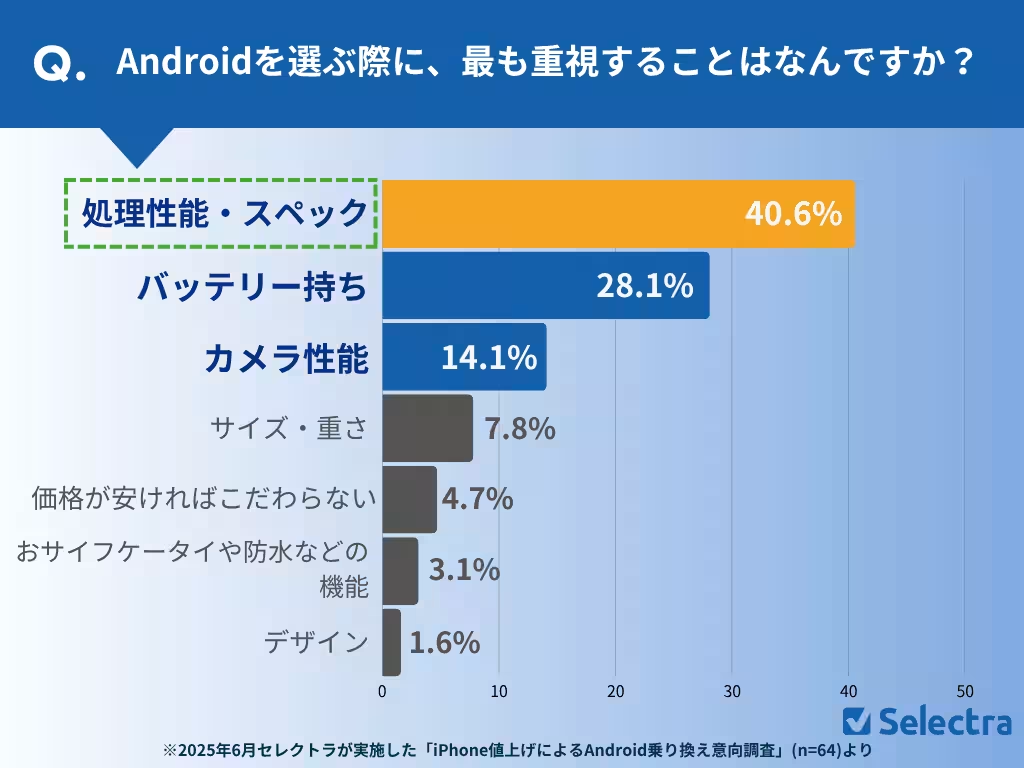
Topics Consumer Technology)










【About Using Articles】
You can freely use the title and article content by linking to the page where the article is posted.
※ Images cannot be used.
【About Links】
Links are free to use.